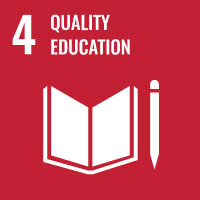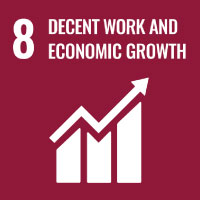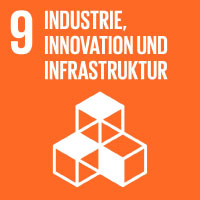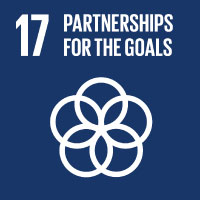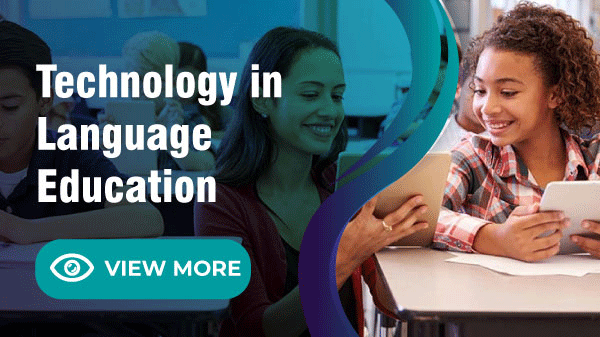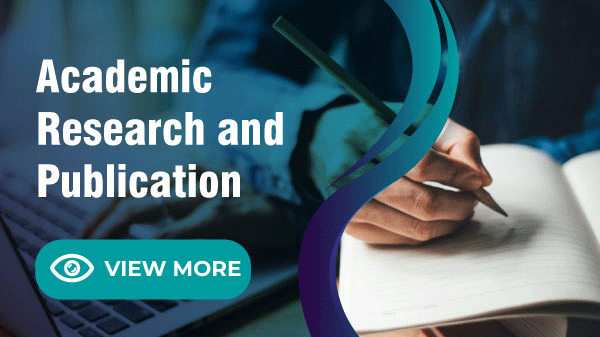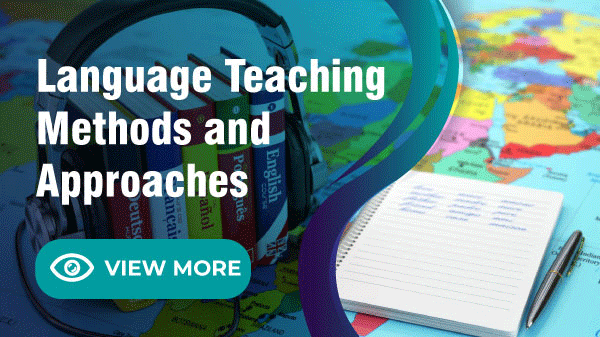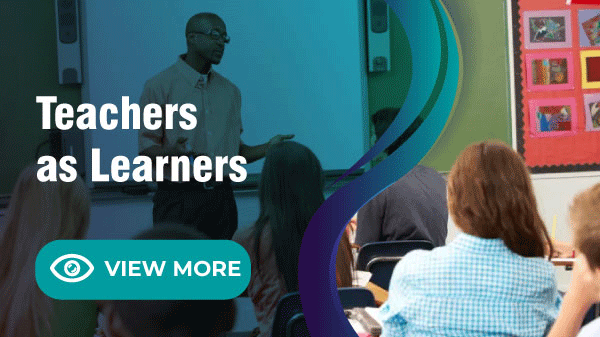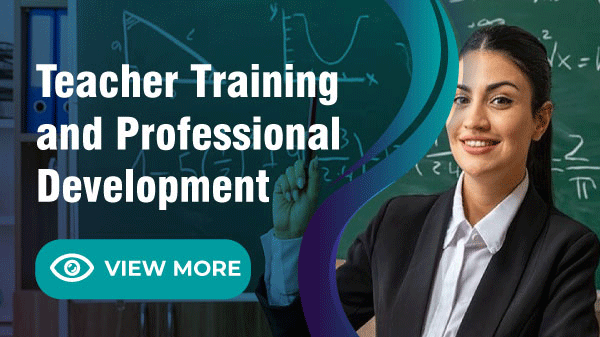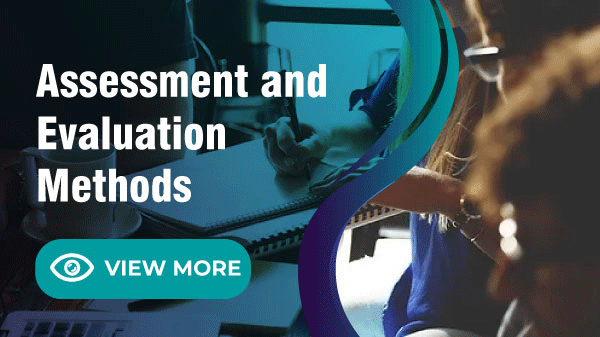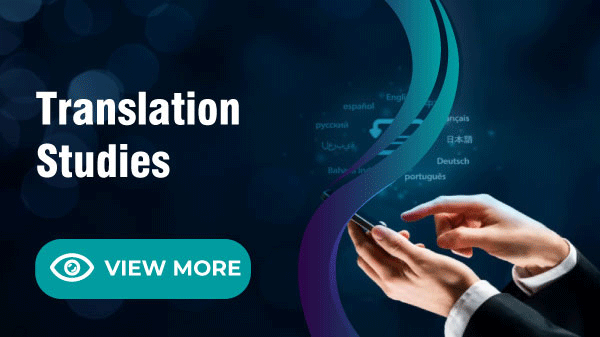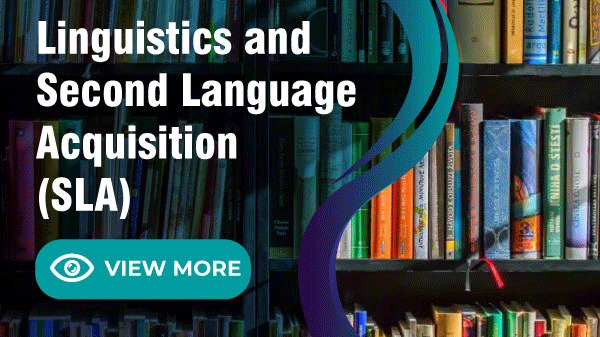Technology in Language
Education
Session Overview
This session examines the role of digital tools, AI, and e-learning platforms in enhancing language acquisition and teaching efficacy. Participants will explore innovative methods for incorporating technology into curricula, from interactive language apps to AI-based assessment tools. By connecting educators with advancements in ed-tech, this session aims to improve student engagement, foster global communication, and make language education more accessible. This session aligns with SDG 4 by promoting inclusive, equitable quality education and lifelong learning
Technology in Language Education is
contribution to
The
Sustainable
Development Goals:
Goal 4: Quality Education
Goal 8: Decent Work and Economic Growth
Goal 9: Industry, Innovation, and Infrastructure
Goal 17: Partnerships for the Goals
Who Can Join
Tracks
Topics of Interest for Submission include, but are not limited to:
1 Digital Language Labs
2 AI in Language Learning
3 Mobile Learning Applications
4 Interactive Learning Tools
5 Virtual Reality in Language Teaching
6 Adaptive Learning Platforms
7 Gamification in Language Learning
8 E-learning Content Development
9 Data Analytics in Education
10 Blended Learning Strategies
11 Educational Software and Applications
12 Online Classroom Management
13 Technology-based Language Assessment
14 Digital Literacy in Language Education
15 Innovations in E-Learning
Session Speaker

Mr. Surendar Rama Sitaraman
Intel Corporation,
California,
USA.
Key Themes ICLTL -2024
- Technology has become an integral part of education, offering unprecedented tools and resources to enhance the language learning experience. This session delves into how digital platforms, multimedia resources, and adaptive learning technologies empower educators to create engaging and dynamic classrooms. From interactive apps and online forums to virtual reality language immersion, technology enables more personalized and flexible learning pathways, catering to diverse learner needs. Educators will explore best practices for integrating these tools effectively, maximizing student engagement and retention.
- Moreover, this session discusses how technology can bridge language education gaps globally, enabling equal access to quality resources. Through innovations such as Artificial Intelligence (AI)-powered language tutors and automated feedback systems, technology supports a scalable approach to language education. This aligns closely with Sustainable Development Goal 4 (Quality Education), which promotes inclusive and equitable education for all. Participants will gain insights into the impact of these advancements on pedagogy and student outcomes, preparing educators to harness these tools to foster language proficiency in today’s tech-driven world.
Scope & Benefits of Attending ICLTL-2024 conference

Benefits of Attending ICLTL
2024
- Attending these sessions provides invaluable scope and benefits aligned with SDG goals, Scopus publication opportunities, certifications, awards, and IFERP scholarships:
- SDG Contributions: By enhancing skills and knowledge in modern language teaching, research publication, and cross-cultural communication, attendees actively support global SDG objectives, particularly SDG 4 and 17, through impactful educational practices.
- Scopus Publication Opportunities: Attendees have the chance to publish their research in recognized Scopus-indexed journals, contributing to global scholarship in language education and enhancing their academic and professional profiles.
- IFERP Awards, Certifications, and Scholarships: Participation in ICLTL-2024 brings certification of participation, eligibility for awards recognizing research excellence, and potential scholarships, which underscore professional growth, acknowledgment, and support for continued academic contribution.
Author Guidelines
Guidelines for Abstract Submission:
- Language: Abstracts must be written in English.
- Length: Limited to one paragraph with 200-250 words.
- Format: Submit in MS Word (.doc or .docx) document format.
- Content: Abstracts should provide an informative summary of the original work. Include a brief biography with your abstract, following the example provided in the template.
- Formatting: Center-align the Title, Author's Names, and Affiliations. Underline the presenting author's name.
- Submission: Please submit your abstract through the designated submission portal.
- Acknowledgment: Upon abstract submission, you will receive an acknowledgment email within three working days.
Evaluation Process
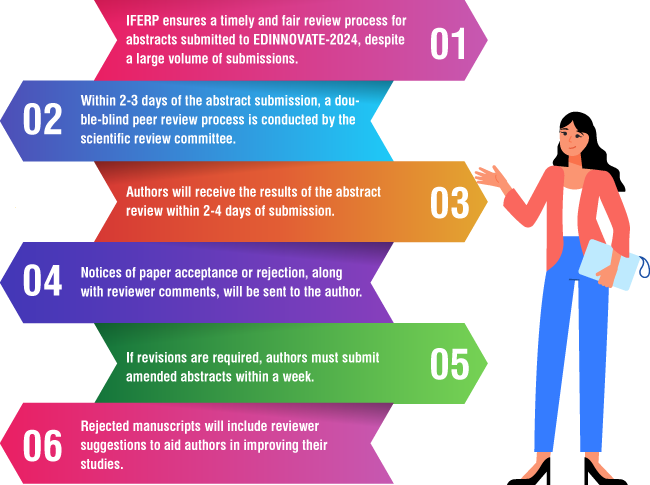
Guidelines for Full Paper Submission
If your abstract has been accepted and the registration fee for ICLTL-2024 has been paid, you are invited to submit the full paper. Please adhere to the following guidelines for the submission:

- Total number of pages: 6-8 in double-column format
- Language: English (checked for grammar and language errors)
- Tables, figures, and images should be properly named and of high quality.
- Keywords should be written in lowercase letters (except for names/scientific names) and separated by commas.
- Affiliation names, including the country, must be provided.
- Each paper should be structured into the following sections:
- Background, Motivation, and Objective
- Statement of Contribution/Methods
- Results, Discussions, and Conclusions
Once your full paper is prepared according to the above instructions, please proceed to submit it through the provided link. Submit your Full paper Here.

